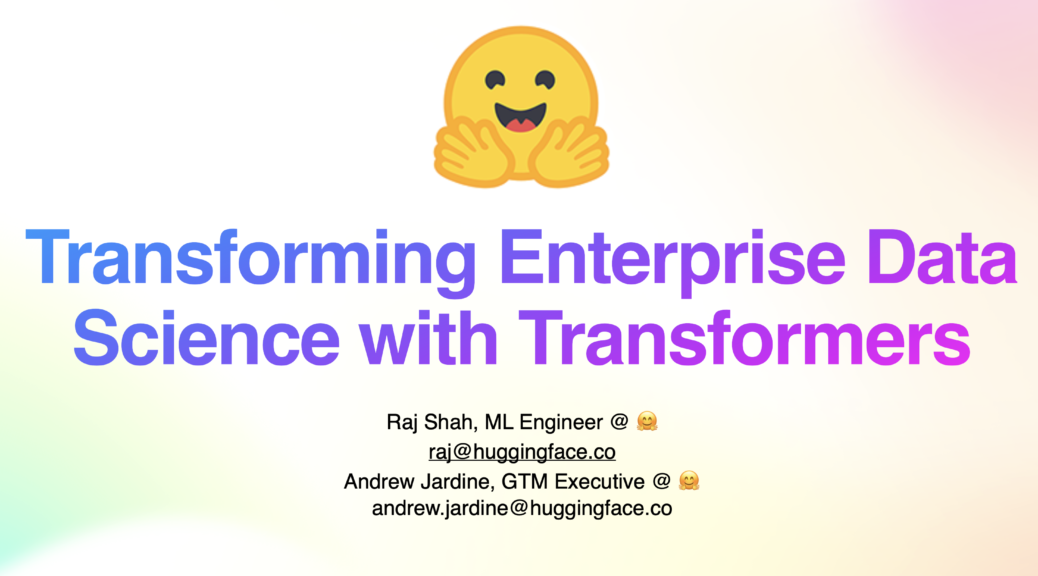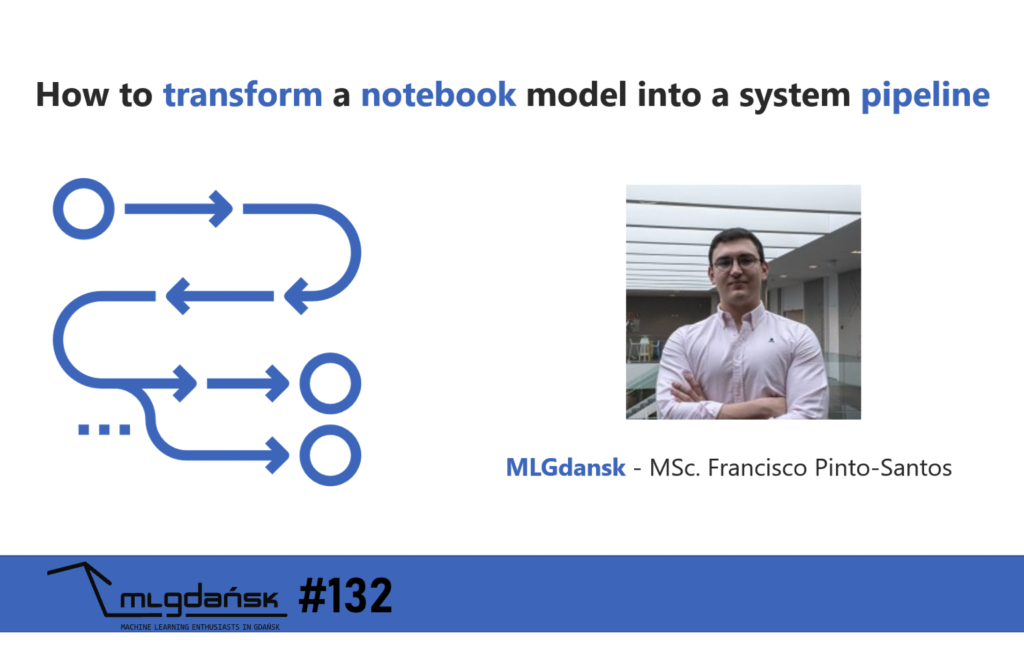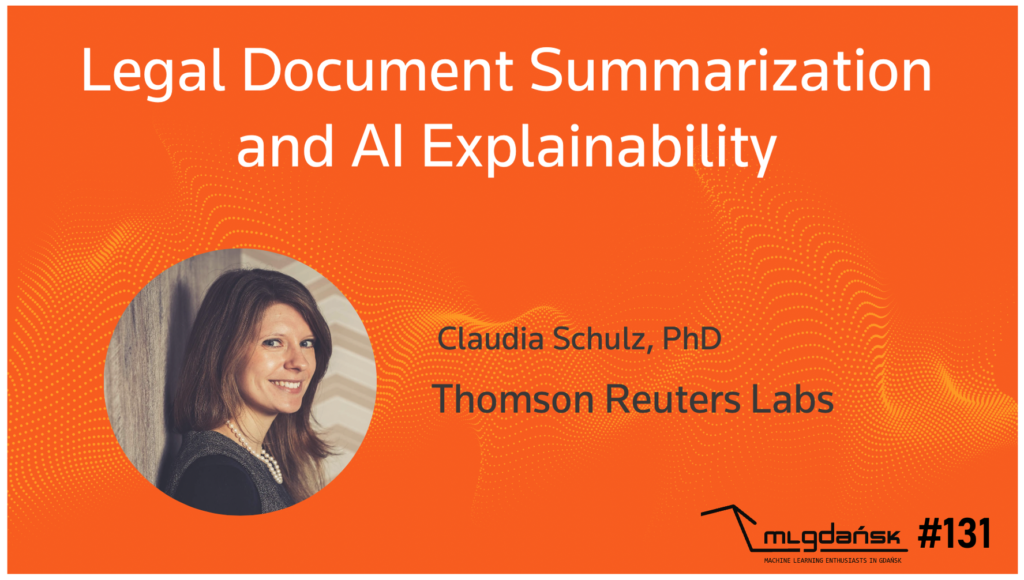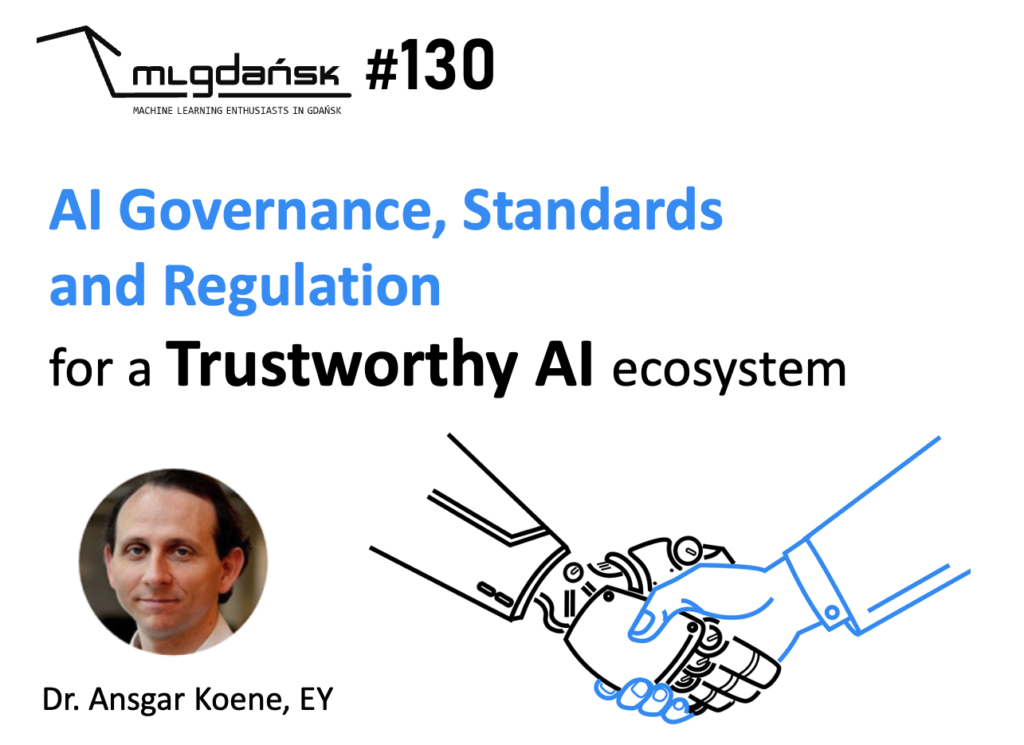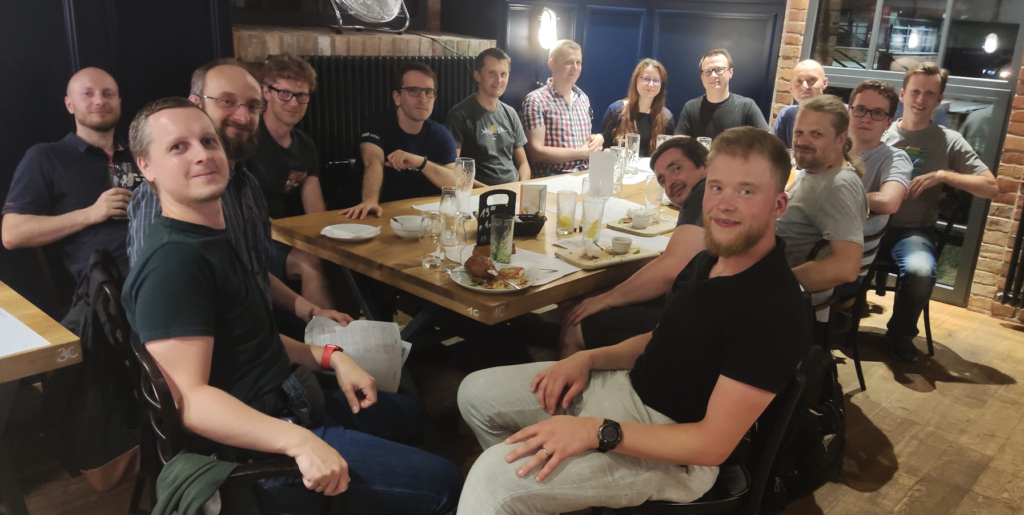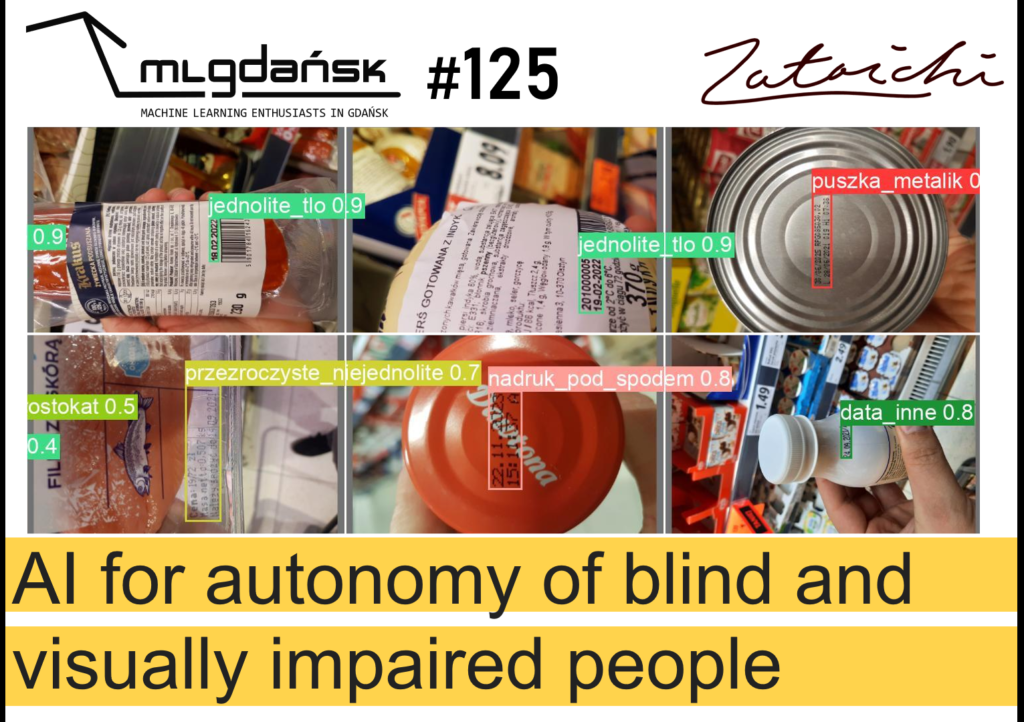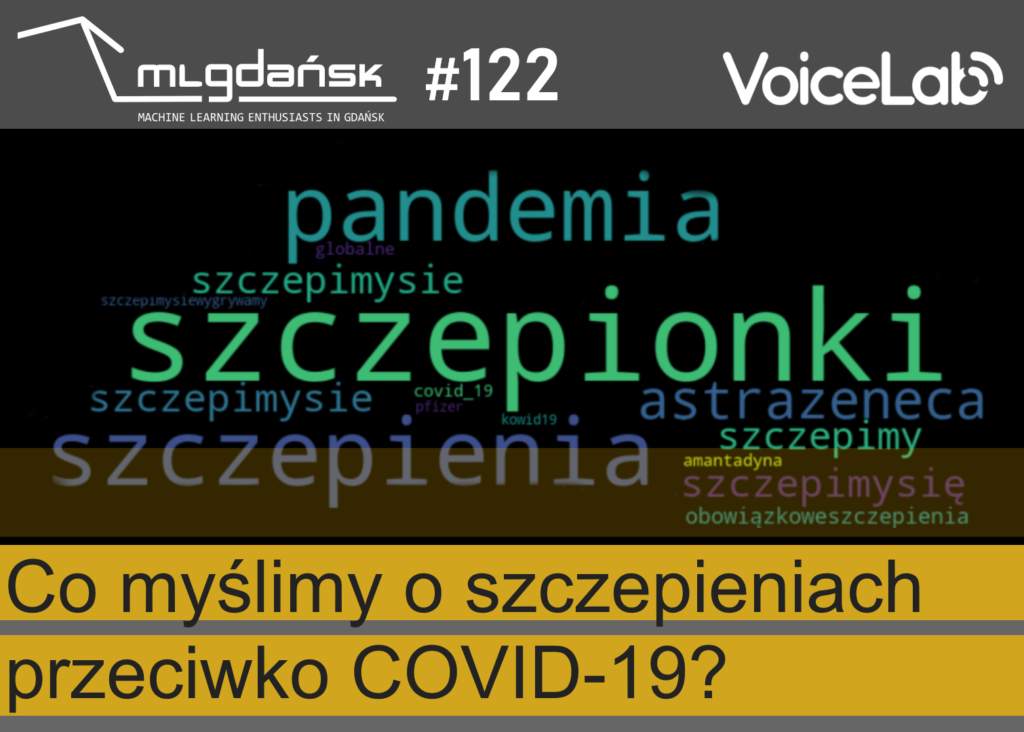Spotkanie MLGdańsk #146 odbędzie się w poniedziałek 04.03.2024 NA ŻYWO.
Miejsce spotkania: Wydział ETI, Politechnika Gdańska, sala EA529, godzina 18.00
Serdecznie zapraszamy na spotkanie wszystkich zainteresowanych tematem AI w kontekście etyczno-prawnym oraz projektami z obszaru art&science 🙂
Prelegentką będzie Ewa Kryger (LinkedIn)
Temat: NGOsy w świecie AI
Ewa Kryger
Artystka, naukowiec i lider projektów, zdolna łączyć różne dziedziny w twórczy sposób. Dociekliwa specjalistka Data Science z ponad 12-letnim doświadczeniem w kierowaniu zespołami oraz w koordynacji i zarządzaniu projektami z wielu obszarów komercyjnych i technicznych.
Z wykształcenia Urbanistka i Filozofka. Doświadczenie zawodowe zdobywała przy projektach planistycznych, partycypacyjnych i edukacyjnych. Od 2018 współzałożycielka WiMLDS Trójmiasto. Aktywnie działa na rzecz promocji kobiet w każdej dziedzinie, szczególnie w AI. W wolnym czasie, gdy nie czytam, to maluje, zwiedzam świat na rowerze oraz tworzę muzykę.
Parę słów o temacie od Prelegentki:
„
Powołuję do życia nową fundację Art hacks AI, która zajmować będzie się tłumaczeniem zagadnień sztucznej inteligencji (ich wpływu na codzienne życie) przy pomocy sztuki na język emocji (osiągalny dla człowieka).
Głównym celem „Art Hacks AI” będzie badanie obszaru sztuki i sztucznej inteligencji, działaniom typu performance artystycznego jako formy interwencji, z naciskiem na stworzenie rekomendacji etycznych, które mogą mieć wpływ na regulacje prawne.
Fundacja skupiać będzie się na bardzo szeroko rozumianej działalności edukacyjnej oraz promocji obszaru Art&Science.
Opowiem o całym przedsięwzięciu związanym z misją fundacji oraz o możliwościach współpracy. Obecnie jestem na etapie powoływania Rady Merytorycznej fundacji.
Możecie znać mnie z organizacji którą współtworzę od 2018 roku, czyli Women in Machine Learning and Data Science Trójmiasto.. Organizacja ma zasięg międzynarodowy i jest skupiona na promocji kobiet i mniejszości w obszarach uczenia maszynowego oraz sztucznej inteligencji. Jako trójmiejski oddział skupiałyśmy się do tej pory na spotkaniach networkingowych oraz prowadzeniu projektów badawczych.
Link do strony organizacji :https://wimlds.org/
Link do strony na meetup: https://www.meetup.com/pl-PL/trojmiasto-women-in-machine-learning-and-data-science/
Największy przeprowadzony projekt: https://detectwaste.netlify.app/
„
Serdecznie zapraszamy – chętnych poprosimy o wpis do formularza https://forms.gle/tNo3JgmtvJWZUR9x7 (tylko w celu oszacowania frekwencji)

